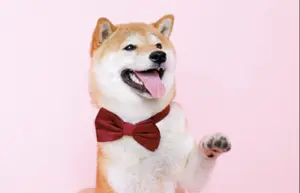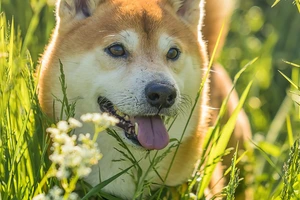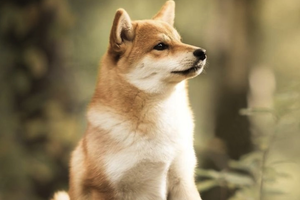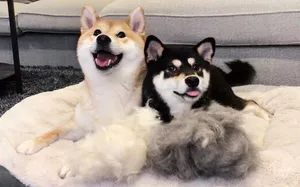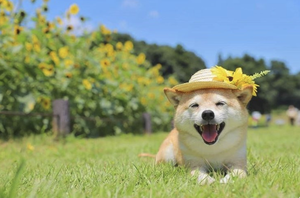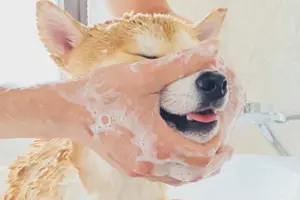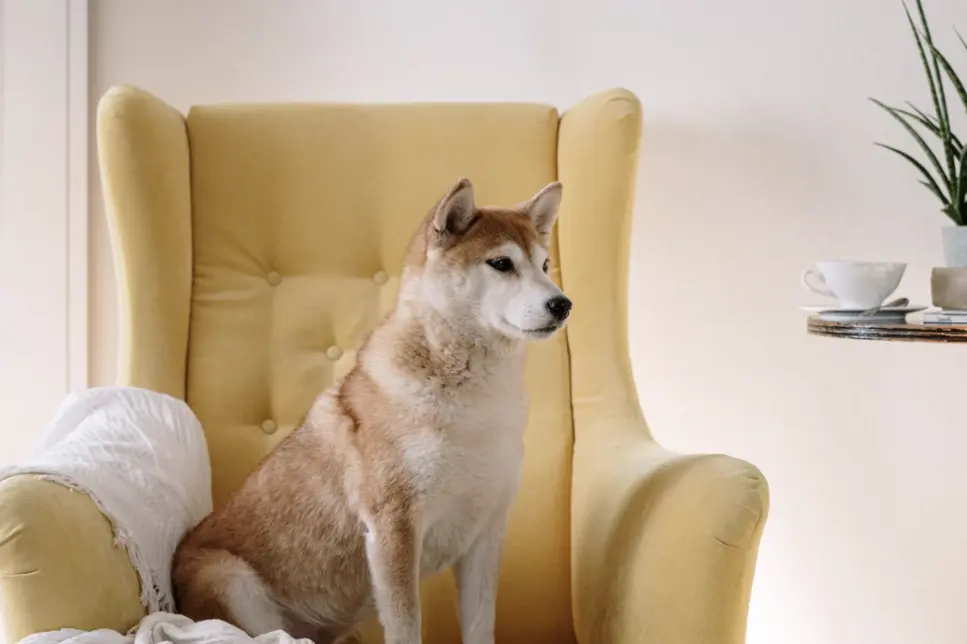
As your Shiba Inu ages, it’s important to adjust their care to meet their changing needs. Geriatric Shiba Inus require different nutrition, exercise, and attention than younger dogs. By following these tips, you can help your geriatric Shiba Inu age gracefully and live a happy, healthy life.
Physical Changes
As Shiba Inus age, they experience a variety of physical changes. These changes may include:
-
Slower metabolism and decreased activity level
-
Changes in coat and skin, such as dryness and thinning
-
Reduced muscle mass and strength
-
Decreased senses, such as hearing and vision
-
Increased risk of health issues, such as arthritis and cognitive dysfunction
It’s important to be aware of these changes and adjust your Shiba Inu’s care accordingly. Regular veterinary check-ups can help identify any health issues early on, and adjusting their diet and exercise routine can help manage these changes.
Nutrition
As Shiba Inus age, their nutritional needs change. They may require fewer calories, but more protein and fiber to help maintain muscle mass and digestive health. It’s important to choose a high-quality senior dog food that meets these changing nutritional needs.
In addition to choosing the right food, portion control is also important. Overfeeding can lead to weight gain and put additional strain on your geriatric Shiba Inu’s joints. Consult with your veterinarian to determine the appropriate portion size for your dog’s age and activity level.
Supplements, such as joint supplements and omega-3 fatty acids, may also be beneficial for geriatric Shiba Inus. Consult with your veterinarian to determine if these supplements are appropriate for your dog’s needs.
Exercise
Regular exercise is important for geriatric Shiba Inus, but it’s important to adjust their exercise routine to meet their changing needs. Low-impact exercises, such as short walks and swimming, can help maintain muscle tone and cardiovascular health without putting additional stress on their joints.
It’s important to monitor your geriatric Shiba Inu during exercise and adjust their routine based on their energy level and any signs of discomfort. Consult with your veterinarian to determine the appropriate exercise routine for your dog’s age and health status.
In addition to physical exercise, mental stimulation is also important for geriatric Shiba Inus. Puzzle toys and interactive games can help keep their minds active and engaged, which may help slow cognitive decline.
Health Considerations
Geriatric Shiba Inus are more prone to certain health issues, such as arthritis, vision and hearing loss, and cognitive dysfunction. It’s important to be aware of these issues and monitor your dog for any signs of discomfort or illness.
Regular veterinary check-ups can help identify and manage these health issues early on. Your veterinarian may also recommend medications or supplements to help manage these conditions.
In addition to medical treatment, there are also things you can do at home to help manage your geriatric Shiba Inu’s health. For example, providing a comfortable and supportive bed can help ease joint pain, and modifying your home to improve mobility can help prevent falls and injuries. Consult with your veterinarian to determine the appropriate home care for your dog’s needs.
Dental Care
Maintaining good dental hygiene is important for geriatric Shiba Inus. Dental issues, such as gum disease and tooth decay, can lead to pain and discomfort, and may also contribute to other health issues.
Regular brushing is the best way to maintain your Shiba Inu’s dental health. Use a soft-bristled toothbrush and pet-specific toothpaste to gently brush their teeth at least once a week. Additionally, scheduling regular dental cleanings with your veterinarian can help prevent and manage dental issues.
In addition to regular brushing and cleanings, providing dental chews and toys can also help improve your geriatric Shiba Inu’s dental health. Consult with your veterinarian to determine the appropriate dental care routine for your dog’s needs.
Grooming
Regular grooming is important for geriatric Shiba Inus to help maintain their coat and skin health. Brushing your Shiba Inu’s coat at least once a week can help remove loose hair, prevent matting, and distribute natural oils throughout their coat.
Trimming your Shiba Inu’s nails regularly can also help prevent overgrowth and discomfort. Additionally, scheduling regular baths and ear cleanings can help maintain their overall hygiene.
It’s important to be gentle and patient when grooming your geriatric Shiba Inu, as they may be more sensitive to touch and may have difficulty standing for long periods of time. Consult with your veterinarian or a professional groomer if you have any concerns about grooming your dog.
Quality of Life
As your Shiba Inu ages, their quality of life becomes increasingly important. Providing comfort and minimizing stress can help improve their overall well-being.
Providing a comfortable bed and a quiet space can help your geriatric Shiba Inu rest and relax. Additionally, providing soft and supportive bedding can help ease joint pain and discomfort.
Minimizing stress can also help improve your geriatric Shiba Inu’s quality of life. Avoiding loud noises and excessive activity can help keep them calm and relaxed. Additionally, providing mental stimulation through interactive toys and games can help keep their minds active and engaged.
Lastly, it’s important to be patient and understanding with your geriatric Shiba Inu. They may move more slowly or have difficulty with tasks that were once easy, but providing patience and support can help them age gracefully and happily.

